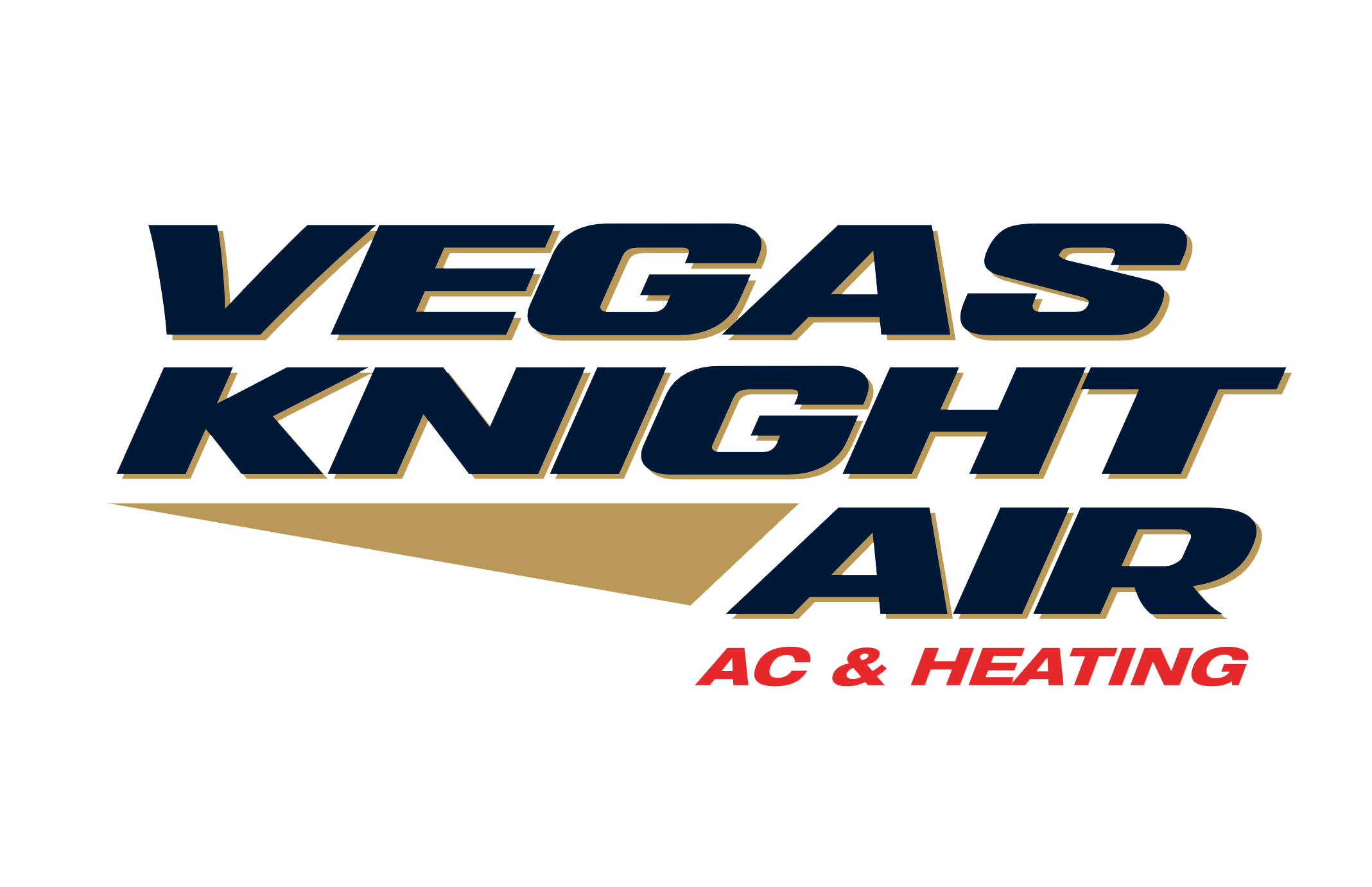The HVAC (Heating, Ventilation, and Air Conditioning) industry is continually evolving, driven by the pursuit of more efficient, sustainable, and intelligent climate control solutions. Recent technological advancements aim to address modern challenges such as energy conservation, improved indoor air quality, and integration with smart home technologies. Here are three innovative developments in the HVAC sector that are setting new standards for comfort, efficiency, and environmental stewardship.
1. Eco-Friendly Refrigerants
As the world becomes increasingly aware of the impact of refrigerants on global warming and ozone depletion, the HVAC industry is responding with the development of more eco-friendly alternatives. Traditional refrigerants, such as hydrofluorocarbons (HFCs), are known for their high Global Warming Potential (GWP). The latest innovation in this area is the introduction of refrigerants with significantly lower GWP, such as hydrofluoroolefins (HFOs) and natural alternatives like propane (R290), ammonia (NH3), and carbon dioxide (CO2).
These new refrigerants not only minimize environmental impact but also offer improved energy efficiency, which can lead to lower operating costs. Transitioning to eco-friendly refrigerants requires modifications in HVAC system designs, but the long-term benefits of reduced greenhouse gas emissions and compliance with tightening global regulations are substantial incentives for change.
2. Smart HVAC Systems
The integration of IoT (Internet of Things) technology into HVAC systems represents a significant leap forward in how we manage indoor climates. Smart HVAC systems can learn from your habits and adjust settings automatically to optimize comfort and energy use. These systems can be controlled remotely via smartphones or voice-activated home assistants, providing unparalleled convenience and flexibility.
Moreover, smart HVAC systems can monitor air quality and humidity levels, making adjustments as needed or alerting homeowners to potential issues, such as the need for filter changes or system maintenance. This proactive approach to HVAC management not only enhances comfort and air quality but also extends the lifespan of the system by ensuring it operates under optimal conditions.
3. Geothermal Heat Pumps
Geothermal heat pump technology, while not entirely new, has seen significant innovations making it more accessible and efficient for residential and commercial applications. These systems utilize the stable temperatures found just below the Earth’s surface to heat and cool buildings, offering a sustainable alternative to traditional HVAC systems.
Recent advancements in drilling techniques and heat pump technology have reduced the cost and increased the efficiency of geothermal installations. These systems are incredibly energy-efficient, capable of reducing energy use by up to 50% compared to conventional systems. Additionally, because they rely on the Earth’s natural thermal properties, geothermal heat pumps have a minimal environmental footprint, aligning with the growing demand for green building practices.
These innovations in the HVAC industry reflect a broader commitment to improving energy efficiency, reducing environmental impact, and enhancing user convenience and comfort. As technology continues to advance, we can expect the HVAC sector to remain at the forefront of sustainable and intelligent building solutions, making our indoor environments more comfortable and eco-friendly. Whether it’s through the adoption of eco-friendly refrigerants, the integration of smart technology, or the utilization of geothermal energy, these advancements promise to redefine our expectations for modern climate control systems.

